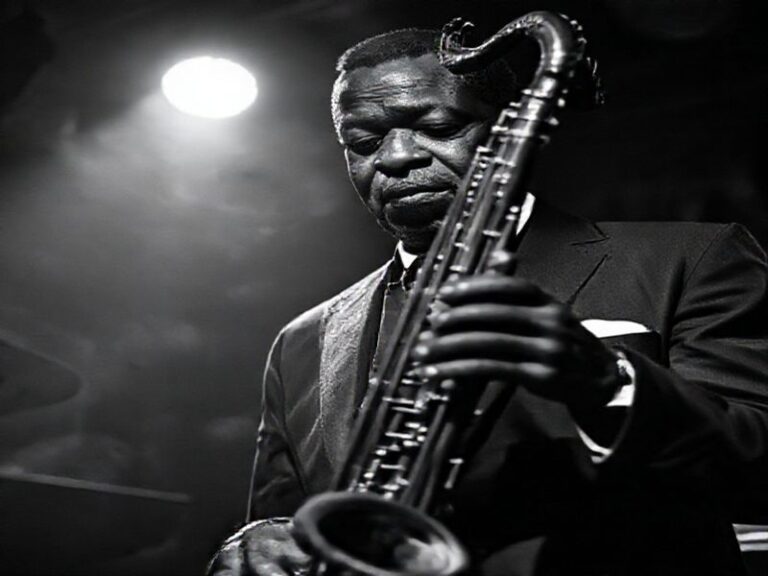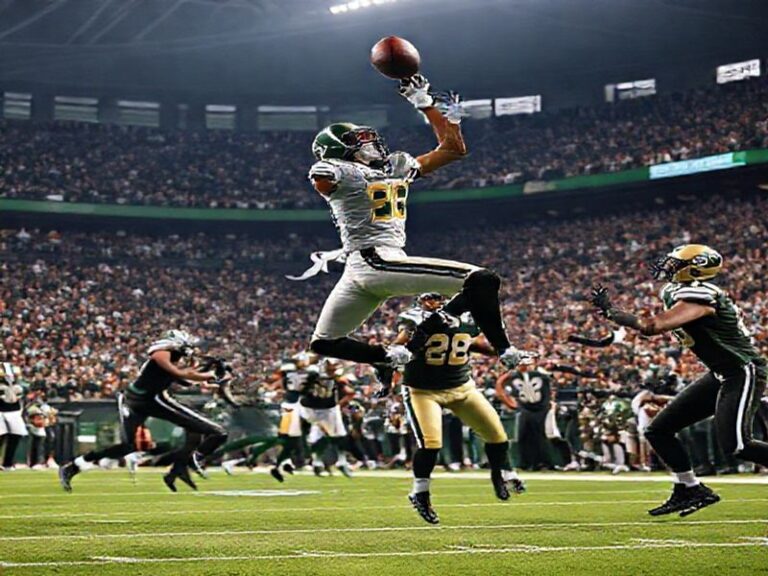Global Glance at Padres vs White Sox: When America’s Pastime Becomes the World’s Background Noise
Padres vs. White Sox: A Tragicomedy Staged on a Diamond, Broadcast to a Planet That Barely Noticed
By R. S. Calder, Senior Correspondent, Dave’s Locker
Somewhere between the Tijuana maquiladoras and the shuttered Ford plant on Chicago’s South Side, two baseball teams met last night to determine absolutely nothing of consequence—except, perhaps, the exact temperature at which American soft power finally evaporates. The San Diego Padres and the Chicago White Sox, both franchises whose trophy cabinets contain roughly the same volume of air as the International Space Station, squared off in a contest that ESPN politely called “inter-league intrigue” while the rest of the planet worried about grain shipments, submarine cables, and whether TikTok will still exist next week.
Still, 39,482 paying customers filed into Petco Park, lured by $15 craft lagers and the faint hope that a Manny Machado bat flip might momentarily distract from the fact that California’s reservoirs are drier than a Bond villain’s martini. Across the border, Mexicali factory workers listened on transistor radios—yes, they still exist—because the game’s feed was geo-blocked by MLB.TV’s lawyers, who apparently moonlight as medieval tollbooth operators. Meanwhile, in Seoul, traders on overnight desks had the box score scrolling as a screensaver; they discovered that if you squint, the line of zeros looks remarkably like their crypto portfolio.
The White Sox, whose uniforms resemble the color of old photocopies, arrived boasting a team ERA higher than the annual inflation rate of Argentina. Their starter, a 28-year-old right-hander acquired from the scrap heap of a mid-market Japanese club, threw 42 pitches in the first inning—roughly the same number of formal complaints the EU lodged against Meta this week. When he finally escaped the jam, the crowd cheered with the relieved enthusiasm of hostages watching a ransom video buffer to 100 percent.
San Diego responded with its own brand of geopolitical symbolism: a $340 million roster that hits like a sanctions regime—lots of bark, very little bite. Their cleanup hitter, imported from the Dominican for the GDP of a small island nation, struck out on three sliders that broke harder than campaign promises in an election year. The lone run scored when a Chicago outfielder attempted to channel his inner Neuer and instead performed an interpretive dance titled “Why We Can’t Have Nice Things.”
In the press box, Japanese beat writers exchanged notes with Venezuelan stringers about how many syllables you need to say “rebuilding phase” diplomatically. A French photojournalist, fresh from shooting tear-gas canisters in Paris, confessed this was the first time he’d covered a conflict where nobody bothered to riot. The AP bureau chief, who has filed from six actual war zones, kept staring at the Kiss Cam and muttering, “This is what mutually assured destruction looks like in 2024.”
By the ninth inning, the score remained 1-0, a margin so slender it could have been a Swiss banking regulation. The final out—a routine grounder to short—was greeted with the sort of polite applause normally reserved for a TED Talk on supply-chain logistics. Fireworks erupted anyway, because nothing says sustainable municipal budgeting like detonating $30,000 worth of explosives for a Tuesday in May.
As the crowd dispersed into the Gaslamp Quarter, the stadium’s PA system blasted a song whose lyrics, roughly translated from the original Korean, mean “Love is a lie but the merch drops at midnight.” Outside, rideshare drivers circled like vultures that had read the latest IPCC report and decided to monetize the end times. One Uber placard offered a promotional code: SDWS24, good for 15 percent off until the next lockdown.
Back on the field, the grounds crew painted fresh baselines that will be gone by morning, a reminder that even our most sacred geometries are temporary. Somewhere, a child in Lagos streamed the highlight on a cracked phone screen and wondered why grown men get paid to fail seven times out of ten. The honest answer—that baseball is a metaphor for hope, capitalism, and the human tendency to keep swinging even when the curveball is clearly unhittable—would probably get flagged for misinformation.
So the Padres won, the White Sox lost, and the world spun on, indifferent. Tomorrow the same clubs will do it again, because ritual matters more than outcome, and because Netflix hasn’t yet figured out how to gamify existential dread. In the meantime, Ukraine still needs artillery shells, the Arctic needs ice, and we all need a nap. But first, the postgame spread: lukewarm pizza and a side of statistical regression, served with the dawning realization that every empire, eventually, strikes out.







